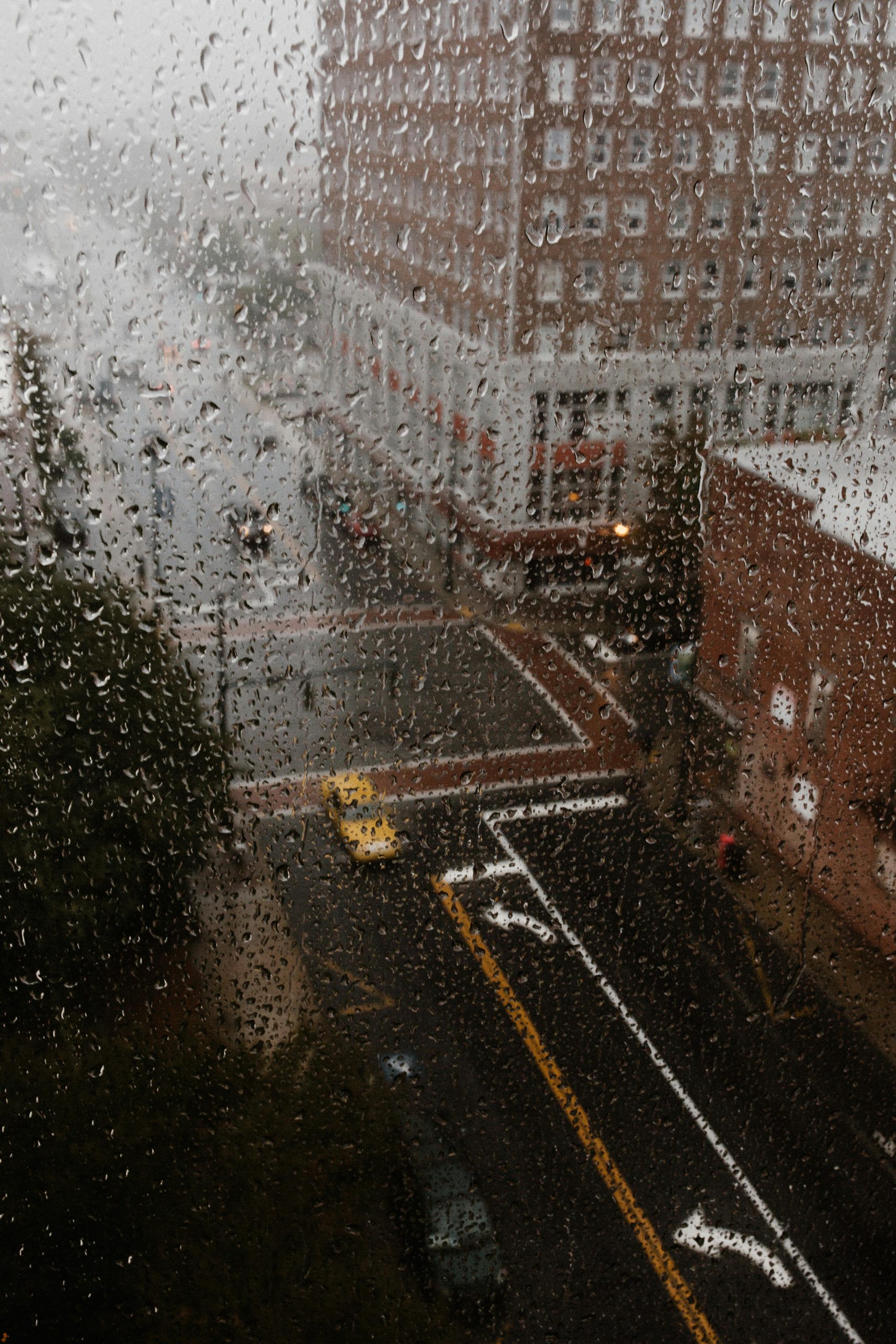Understanding Traffic Declines: The Hidden Impact of Legal Copyright Removals on Website Performance
In the ever-evolving landscape of digital marketing and search engine optimization, website owners and digital strategists are accustomed to tracking various metrics to gauge success. An abrupt drop in organic traffic often raises concerns about algorithm updates, SEO practices, or technical issues. However, could there be an overlooked factor influencing your website’s performance?
Recent observations suggest that, beyond conventional causes, legal copyright removal requests can significantly impact website visibility. This article explores this phenomenon, highlighting potential correlations and considerations for webmasters.
The Case of Legal Removals and Traffic Decline
Consider a website renowned for its clean content and adherence to best SEO practices—a project that has maintained stability and consistent traffic over several years. Starting around mid-July, a notable decline in organic traffic emerged. Investigations revealed a surge in URL removal notices related to copyright complaints, primarily issued between May and August.
This pattern raises critical questions: Is there a direct connection between these legal content removals and the site’s traffic decline? Could these actions be inadvertently influencing search engine rankings beyond the targeted URLs?
Google’s Approach to Legal Content Removal
Google’s Search Essentials explicitly address the implications of receiving multiple valid copyright removal requests. According to Google’s policies:
“When we receive a significant volume of valid copyright removal requests involving a given site, we are able to use that information to demote other content from the site in our search results. This mechanism helps prevent users from encountering infringing content that may not have been directly targeted.”
In essence, Google may interpret extensive legal removal notices as a signal of potential copyright violations across the site, leading to broader demotion or de-prioritization within search results—even for content that is compliant and original.
Implications for Website Owners
In the case examined, other domains belonging to direct competitors also received similar legal notices but did not experience comparable declines. Their traffic remained relatively stable, with minor fluctuations consistent with regular search algorithm updates.
Appealing copyright removal requests is a rigorous process that often requires substantial time and effort, especially since many requests are filed en masse via third-party platforms. Notably, the URLs affected by these legal actions typically do not constitute a major share of overall traffic, suggesting that the decline might not be solely attributable to the removal of high-traffic pages.
Important Considerations
While this hypothesis offers a plausible explanation for recent unexplained traffic drops, it remains speculative. Multiple factors could contribute to

